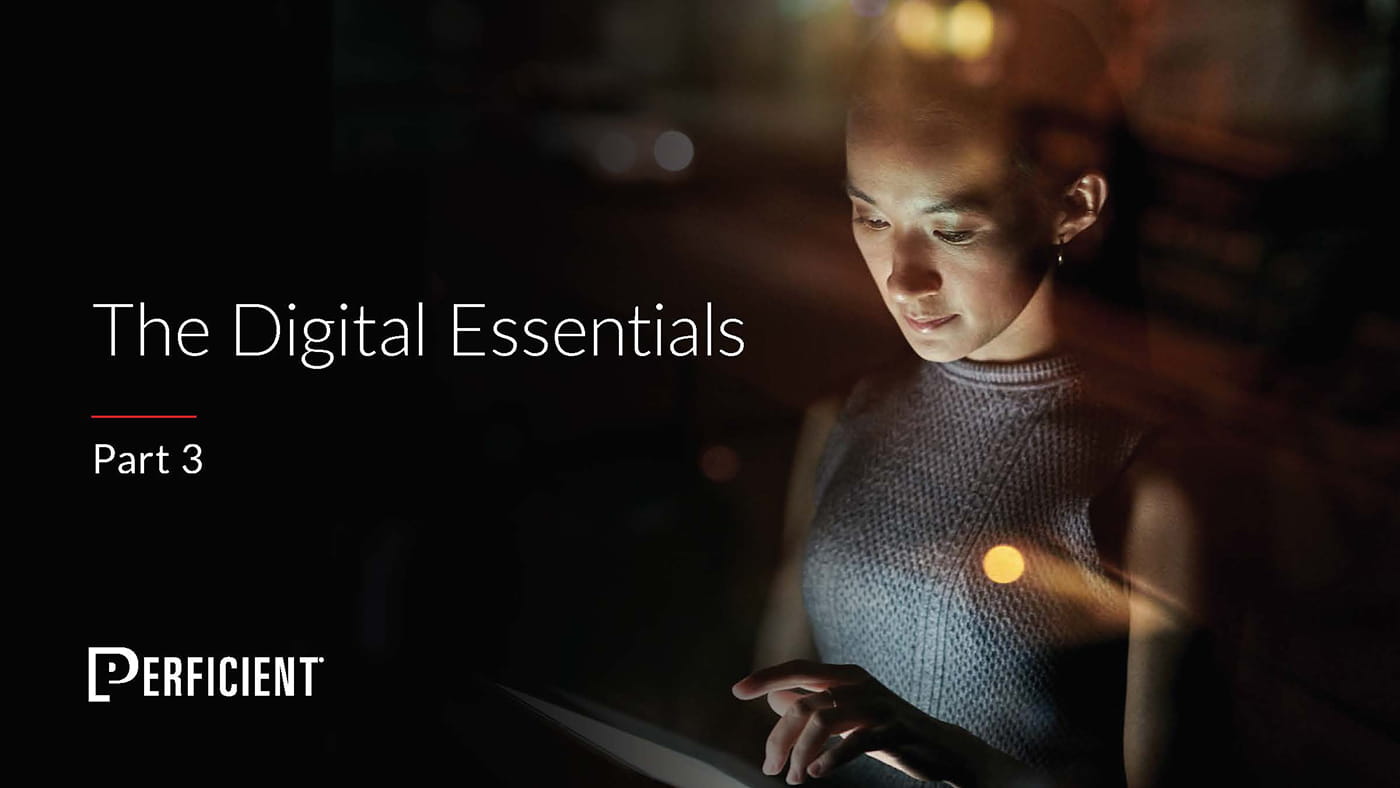What’s going on, Google?
For years, Google has had an algorithm that states, as simply as possible, you only have to bid higher than the person below, while having a better ad experience to compete in the AdWords landscape. This, for some brands, meant they could bid as low as they pleased on branded terms in order to show in position 1 every time their brand was searched. Bidding on branded may mean you are the only company in the SERP (search engine results page), but it increases your overall quality score which has been written to increase organic rankings as well. This topic, in itself, is a blog post for another day.

Recently, Google replaced their 7 side ads by adding additional space on top of the SERP for three to four ads and then up to 3 ads on the bottom. In most cases, this increased overall click-through rate for advertisers, but also spiked up costs to continue to follow Google’s “pay to play” model.
Now, this is all fine and dandy, but what about those SERPs that have zero competition? Where you, as the advertiser, are the only one bidding on your term. As of recently, for many of my clients, I have seen considerable increases in CPCs (cost per click) for branded terms and decreases in impression share due to these lower bids. Impressions share is the number of times you show up in the SERP, divided by the number of times you are eligible to, resulting in a percentage. So why would this decrease? You are the only one in the playing field. This should allow you to bid as low as you’d please.
It seems Google has now decided to move towards a “minimum bid” type model. There has been no official reports on a change in bid modeling, and I doubt there will be, but based off the industry you are advertising in and the average CPC for that industry, your branded terms that you are the ONLY one bidding on in the playing field may be increasing. This could hurt a lot of smaller advertisers that use their branded campaigns as a buffer in revenue to justify spend in non-branded areas to uphold a high ROAS (return on ad spend).
Poor us! What is there to do?!
Don’t worry folks, there are a couple of things you can do in and around your account to help lower these CPCs on branded terms due to this possible change in Google’s bidding model:
- RLSA (Remarketing lists for search ads) for your branded search terms. With RLSA, you can minimize unnecessary cost and make your branded campaigns more efficient. What you can do is create a list in AdWords for already converting users. Apply this list to an RLSA branded campaign. Now, you can bid at a lower cost for these already converted users in your RLSA campaign, and continue to show to users who have not converted in your current branded campaign. Ensure to exclude this list from your regular branded campaign, too. This way, you’re not bidding against yourself.

- Another way to lower your branded CPCs, is by adding as many ad extensions that are appropriate to your ad as possible across all campaigns. Now, we have just been talking about branded campaigns here, but having an overall higher click-through rate across your entire account increases your account’s overall quality score. Also, ad extensions became a part of the “Google Ad Rank” back in 2013, making it a very important part of your overall account health.
- Finally, although in my opinion a risky idea, consider a test in which you turn off branded paid search campaigns. Look at your branded AdWords campaign and try to decide what incremental value it truly has on your marketing initiatives as a whole.
Although these trends may be here to stay, there are plenty of options to ensure your paid search campaigns remain healthy, at a lower cost, and continue to push your overall digital marketing mix to the next level. Google may be giving us a floor now, but you can always build a basement.
